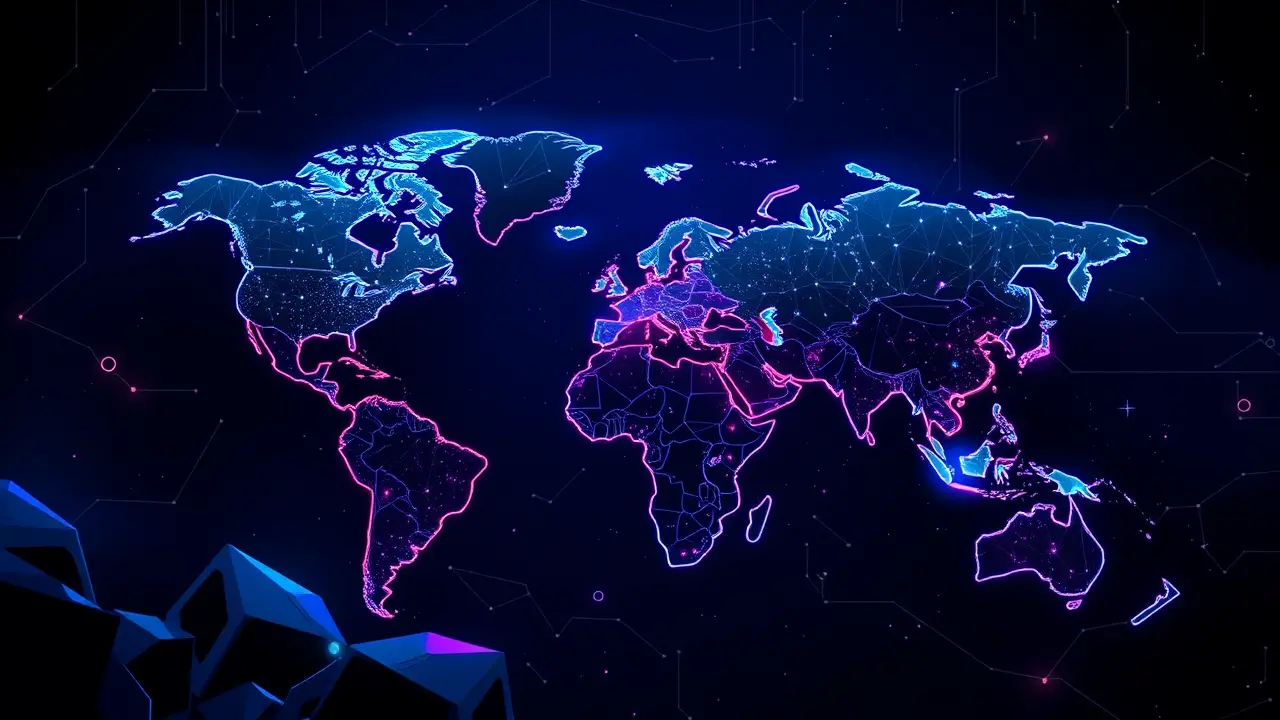EU Urged to Respond to China Rare Earth Export Curbs
European Union ministers have sounded the alarm, urging Brussels to mount a 'tough' and unequivocal response to China's latest strategic gambit: a fresh wave of restrictions on the export of rare earth elements. This is not merely a trade dispute; it is a high-stakes geopolitical maneuver reminiscent of historical resource wars, where control over critical materials has often dictated the balance of power.EU Trade Commissioner Maros Sefcovic, in a move underscoring the gravity of the situation, confirmed on Tuesday that he had formally requested a call with Chinese Minister for Commerce Wang Wentao to address what he termed 'unjustified' measures, a diplomatic formulation that barely masks the profound concern rippling through European capitals. The Commissioner’s revelation that he has been inundated with 'a lot of concerned calls from European industry, especially car companies,' points directly to the continent's Achilles' heel—its near-total dependency on Chinese-sourced rare earths, a group of seventeen obscure metallic elements with names like neodymium, praseodymium, and dysprosium, which are as vital to modern technology as oil was to the 20th century.These elements are the silent, indispensable engines of the green and digital transitions, powering everything from the permanent magnets in electric vehicle motors and wind turbines to the screens of our smartphones and the guidance systems of advanced defense equipment. Last week’s announcement from Beijing, which imposed further controls meaning products with even trace amounts of rare earths face heightened scrutiny, is a masterclass in economic statecraft, a calibrated escalation in the simmering tech cold war.To understand the full import of this action, one must look back to 2010, when China slashed rare earth export quotas to Japan during a maritime dispute, sending global prices skyrocketing and offering the world a stark preview of its willingness to weaponize supply chains. While that episode prompted Japan and the West to briefly explore alternative sources and recycling, the urgency faded, and dependency on China, which controls over 80% of global refining capacity, has only deepened since.The current measures are far more sophisticated than a simple embargo; they represent a tightening of the administrative and regulatory noose, leveraging China's domestic security and environmental regulations to create uncertainty and delay, thereby granting Beijing plausible deniability while effectively controlling the global spigot. The immediate consequences for European industry are potentially catastrophic.The automotive sector, already navigating a perilous shift towards electrification, faces existential disruption. A single modern EV can require up to a kilogram of rare earth magnets, and without a secure, affordable supply, the EU's legislated phase-out of internal combustion engines by 2035 becomes a pipe dream.This vulnerability extends to the defense industry, where rare earths are critical for precision-guided munitions, radar systems, and stealth technology, raising alarming questions about European strategic autonomy. The response from Brussels will be a critical test of its geopolitical mettle.Options on the table range from filing an immediate complaint with the World Trade Organization—a process often too slow and legally cumbersome to address such urgent, strategic challenges—to the more robust path of emergency investment in sovereign capabilities. This includes fast-tracking mining projects in allied nations like Australia and Canada, which possess significant deposits but lack China's processing infrastructure, and pouring billions into advanced recycling technologies and research into substitute materials.Some hawkish voices within the EU are already advocating for retaliatory measures, perhaps targeting China's own dependencies in other sectors, but such a tit-for-tat escalation carries the risk of a full-blown trade war that could cripple the global economy. The fundamental question this crisis poses is whether the liberal international order, built on principles of free trade, can withstand the pressure of mercantilist strategies employed by authoritarian states.China's actions demonstrate a clear understanding that in the 21st century, geopolitical leverage is not just about aircraft carriers and missile stocks, but about controlling the foundational inputs of the digital age. For Europe, this is a Sputnik moment, a jarring wake-up call that its economic security is inextricably linked to its industrial policy and its willingness to make painful, long-term investments in strategic resilience. The outcome of this confrontation will not only determine the price and availability of the next generation of technology but will also redraw the map of global influence for decades to come, proving once again that the most decisive battles are often fought not on traditional battlefields, but in the obscure realms of trade policy and resource diplomacy.
JA
Jamie Lowe123k2 days ago
not sure this is the big deal they're making it out to be. we've heard this before and things just kinda... continue
0
JA
Jamie Lawson123k2 days ago
this is a massive vulnerability we've been pointing out for years smh the auto sector is gonna get absolutely hammered if they don't diversify the supply chain like yesterday
0
LI
Liam Chen123k2 days ago
control the supply, control the game tbh it was only a matter of time
0
